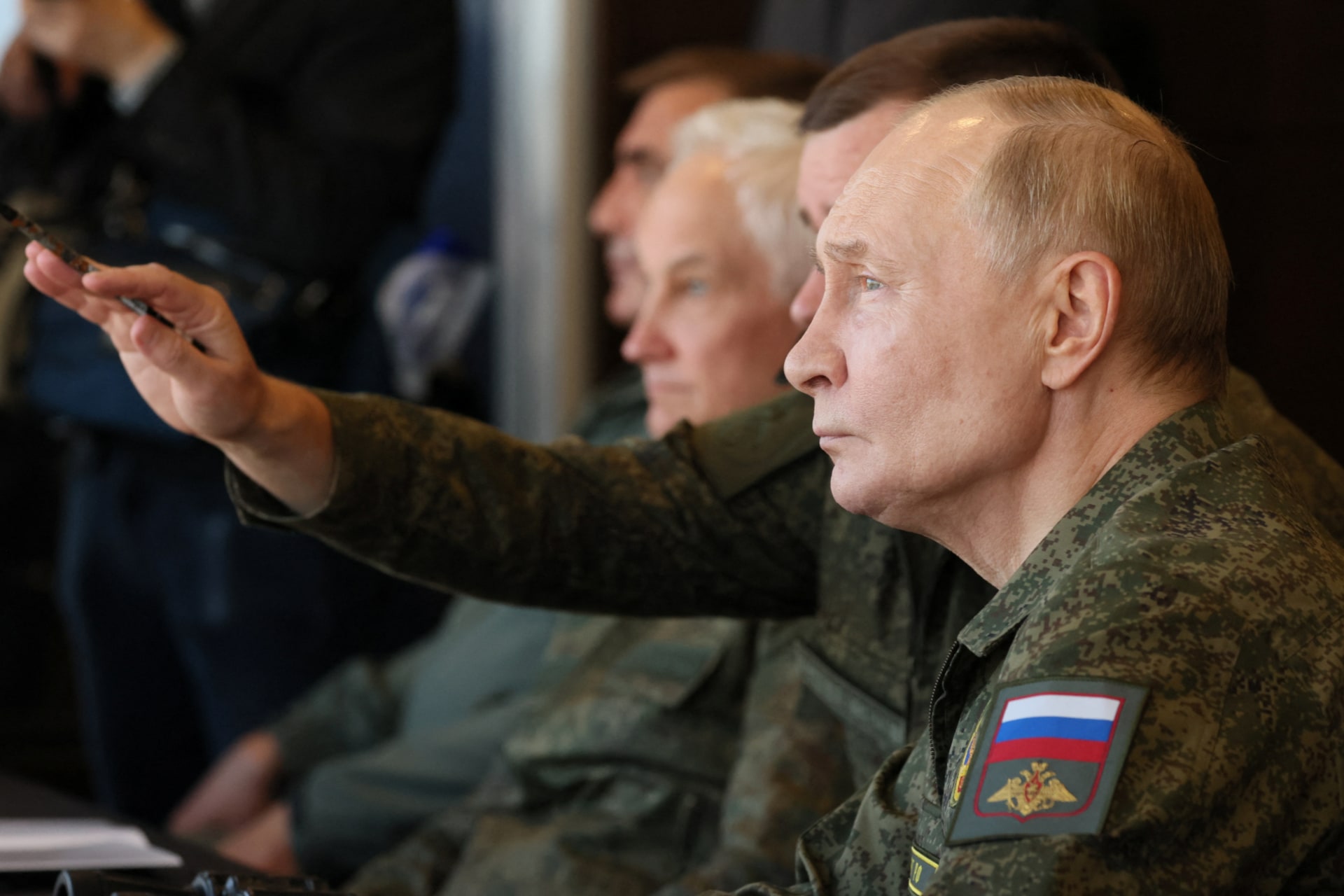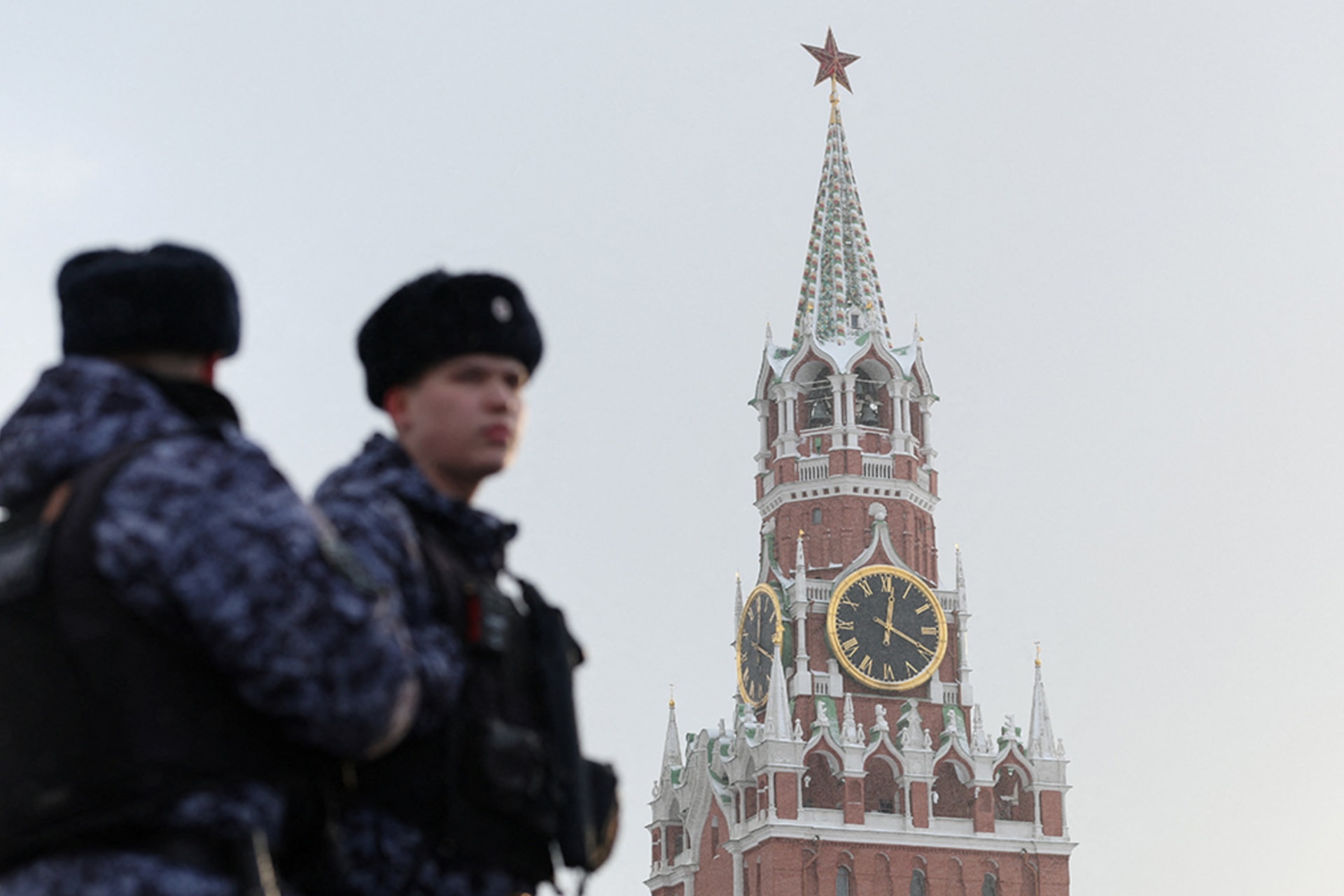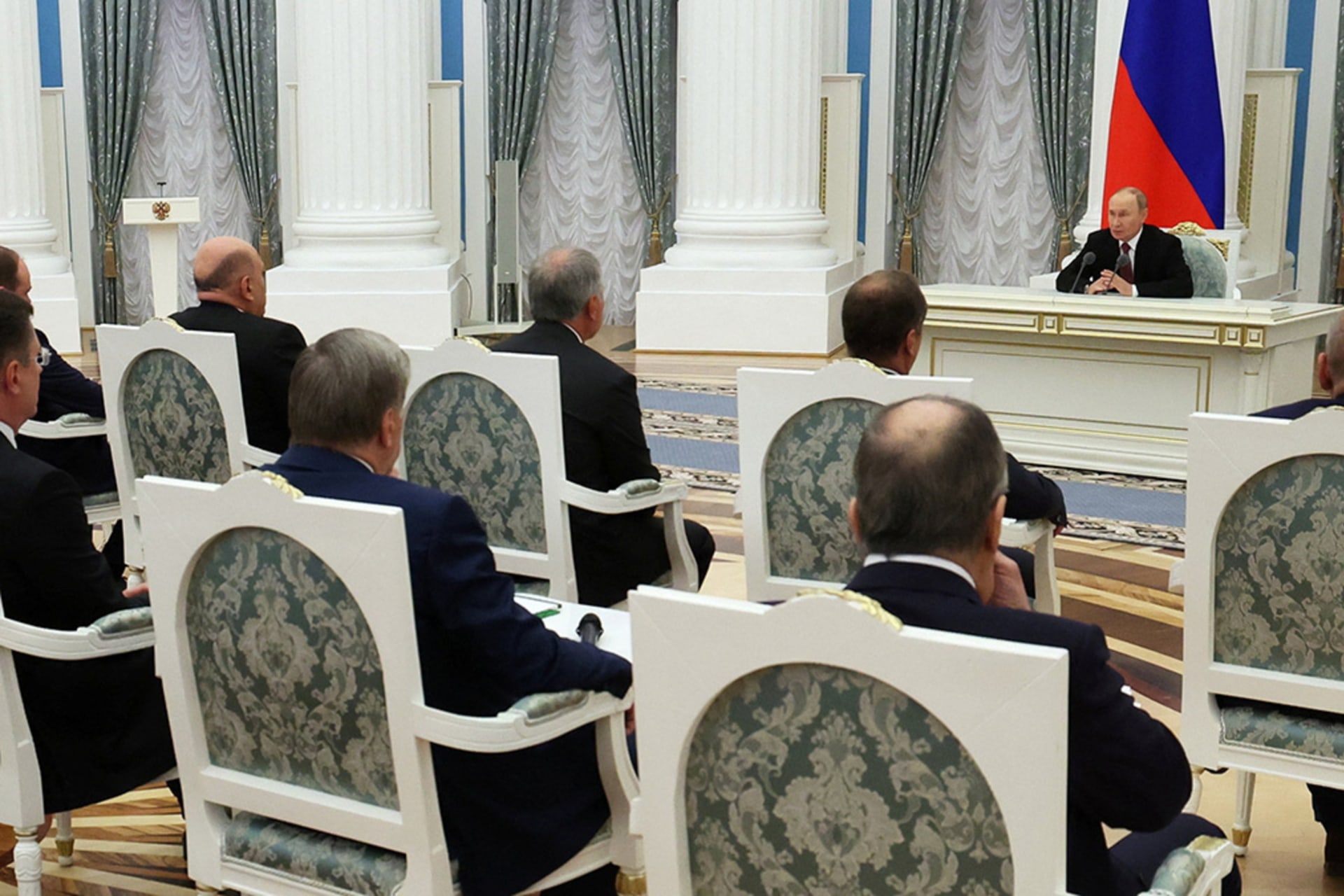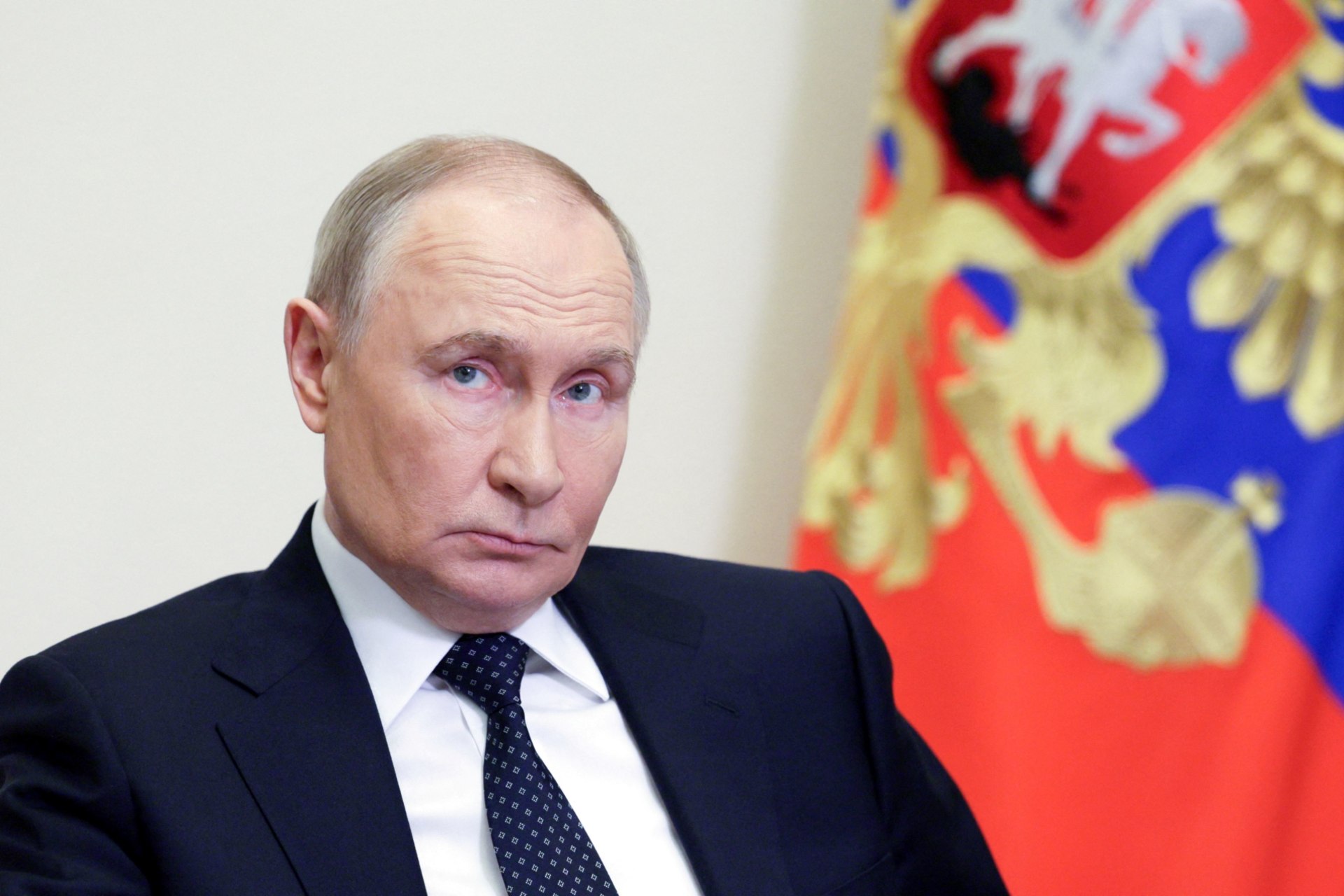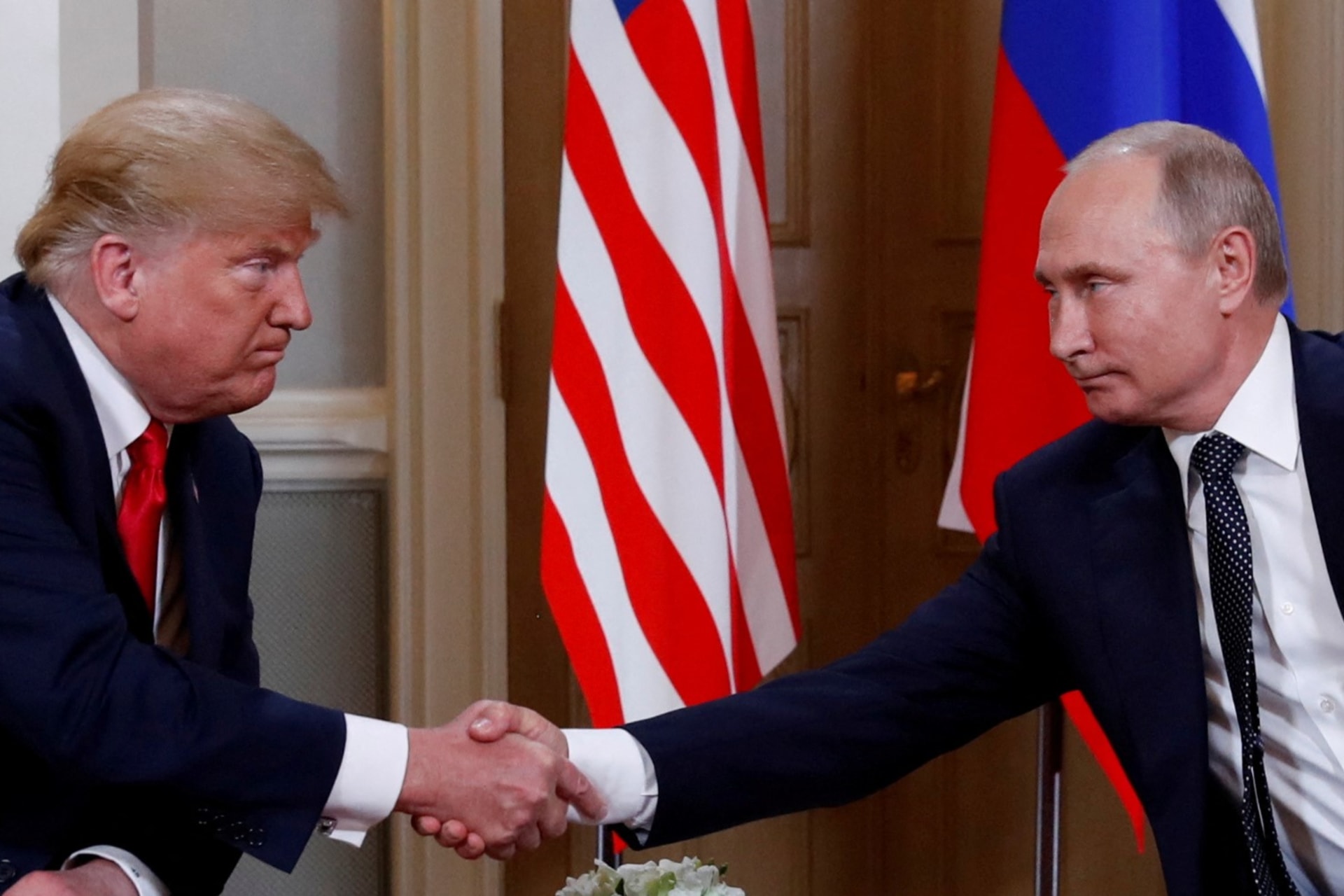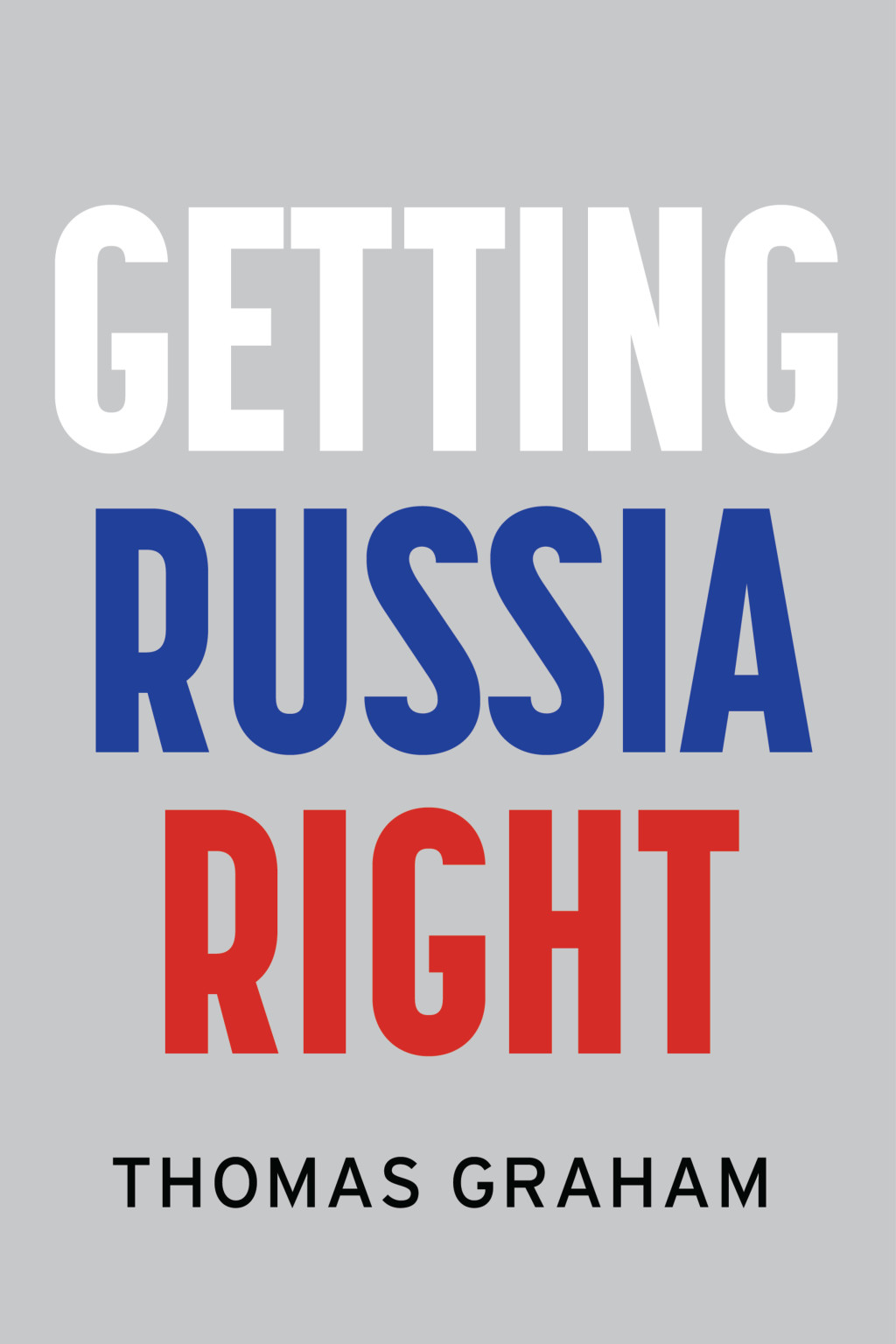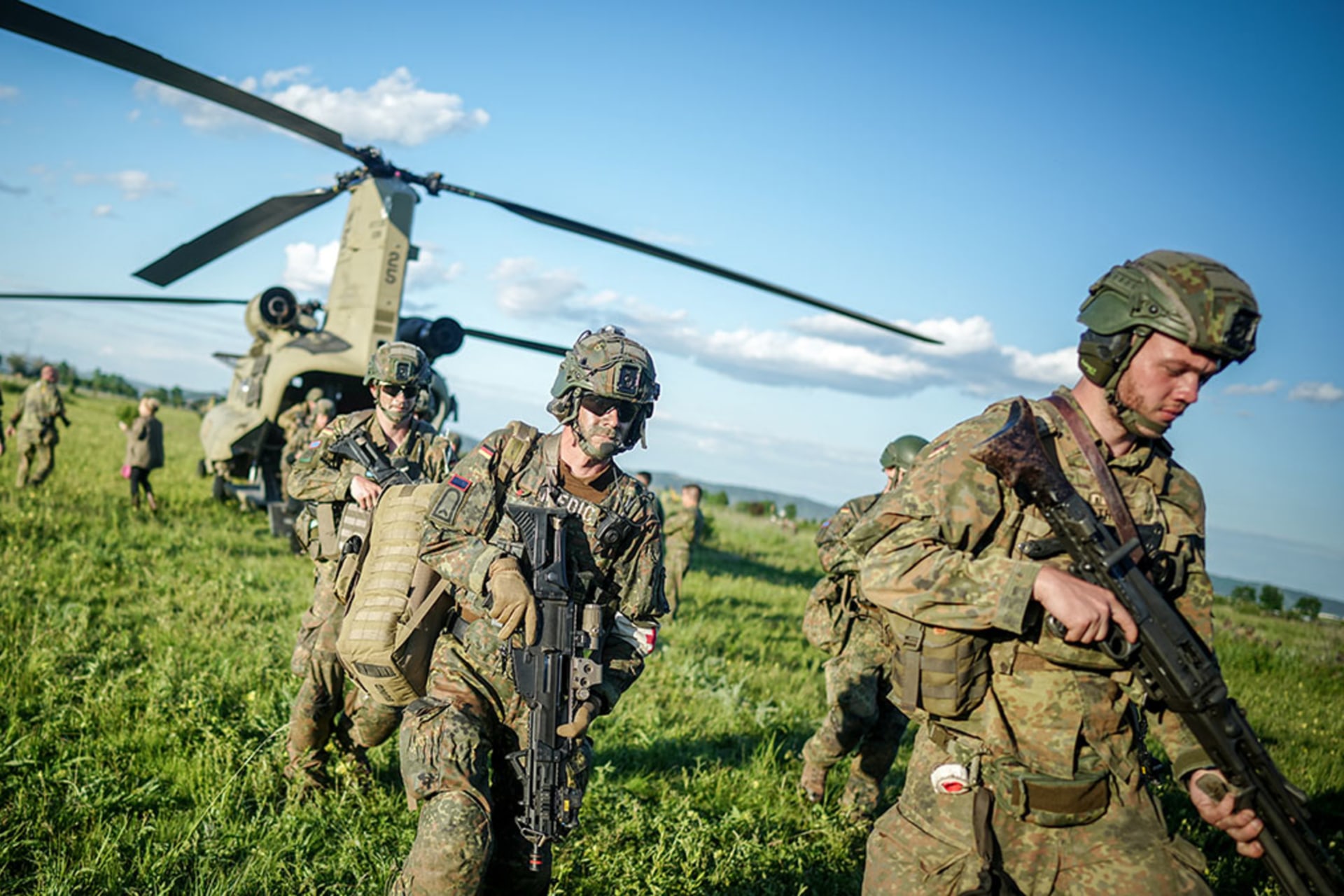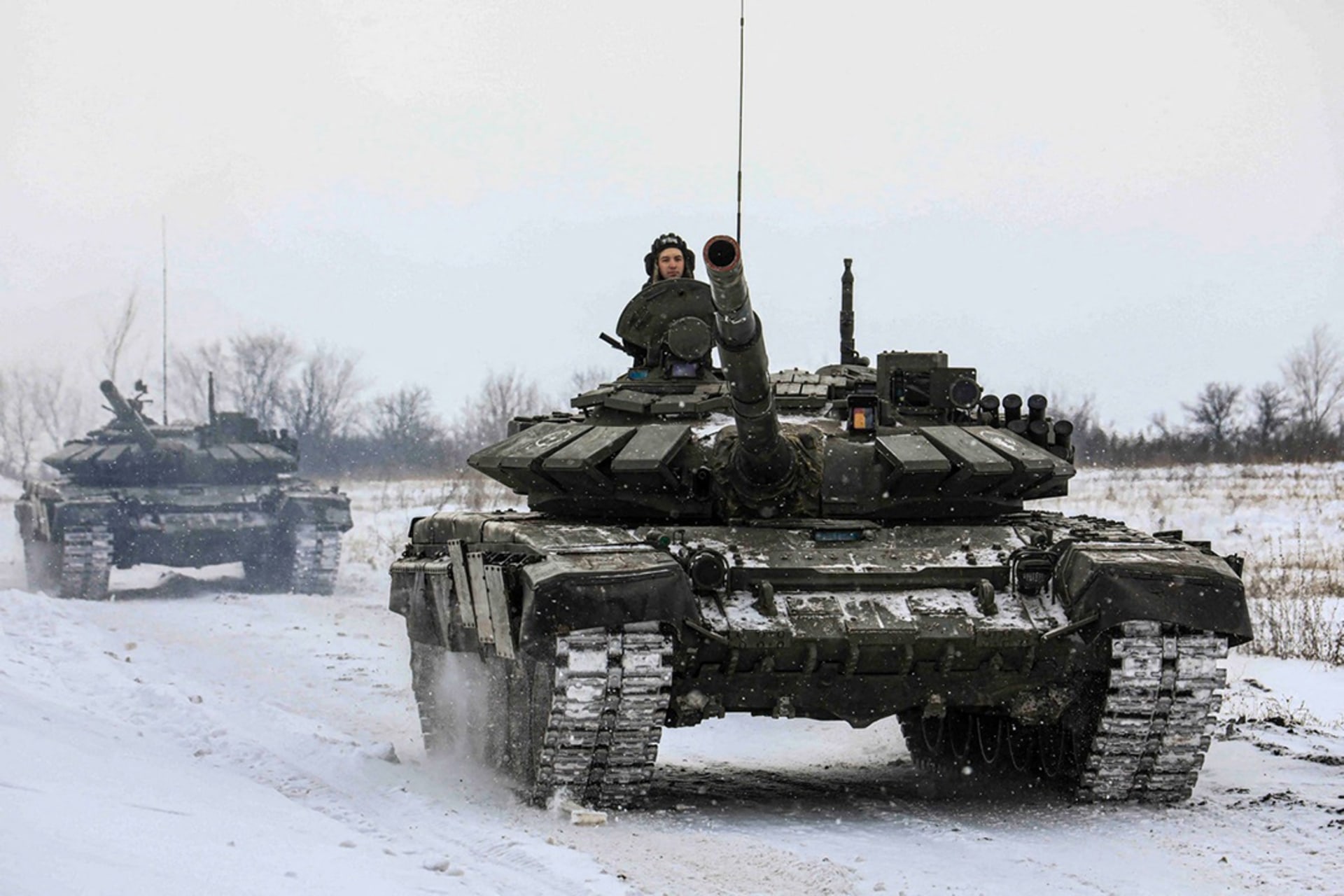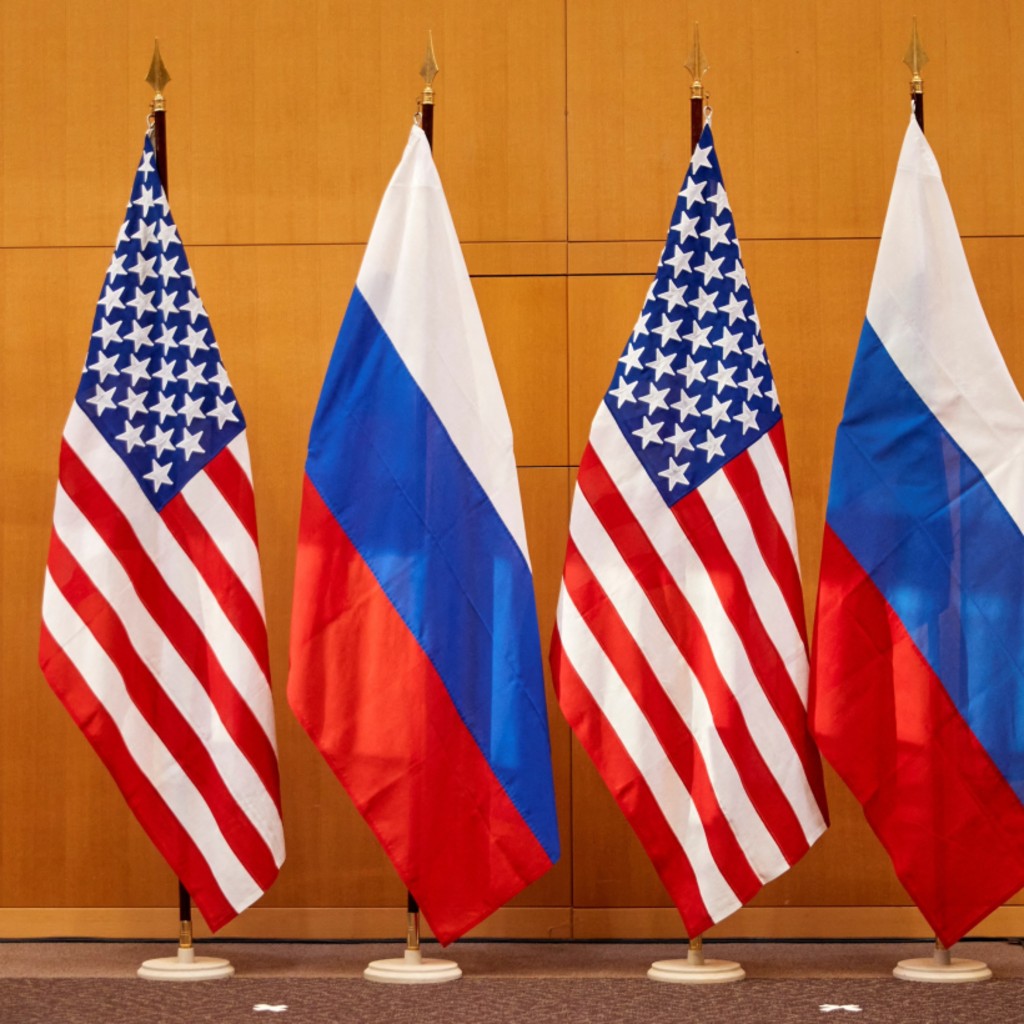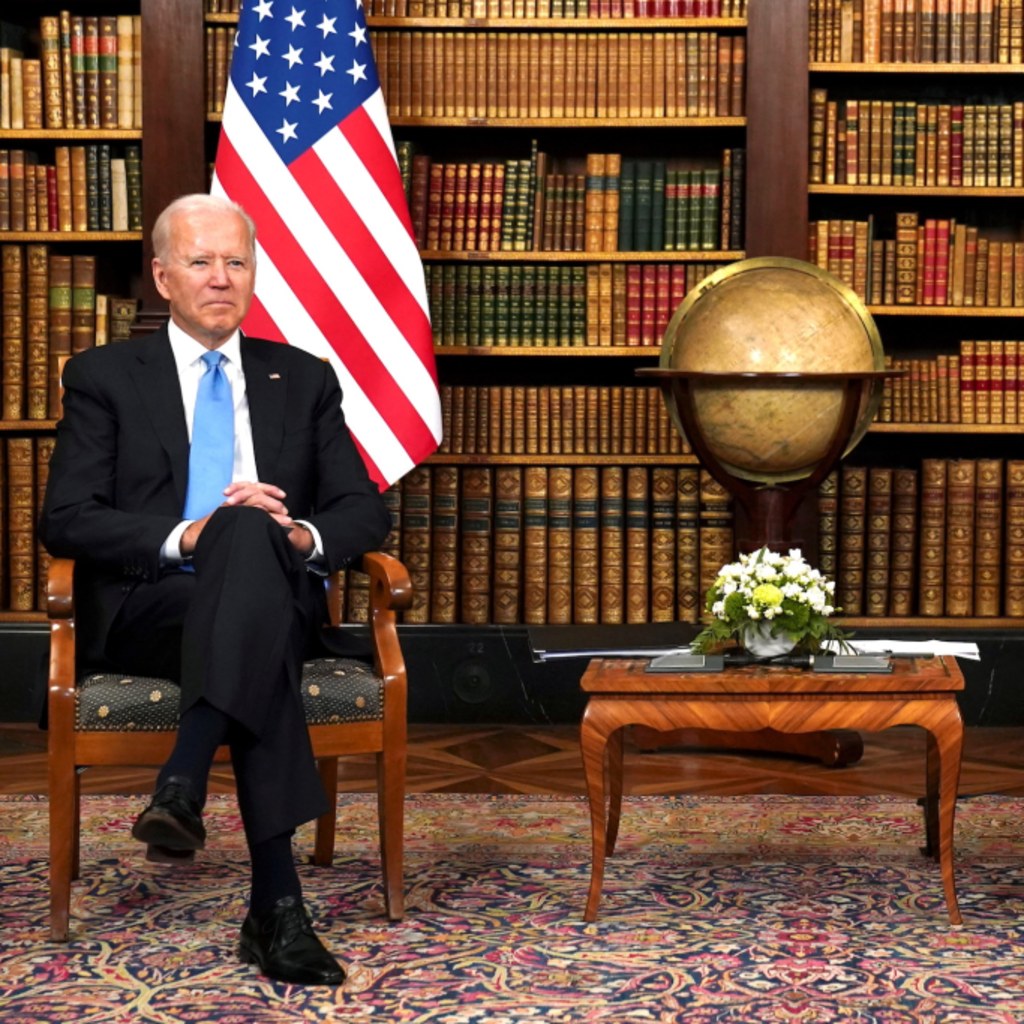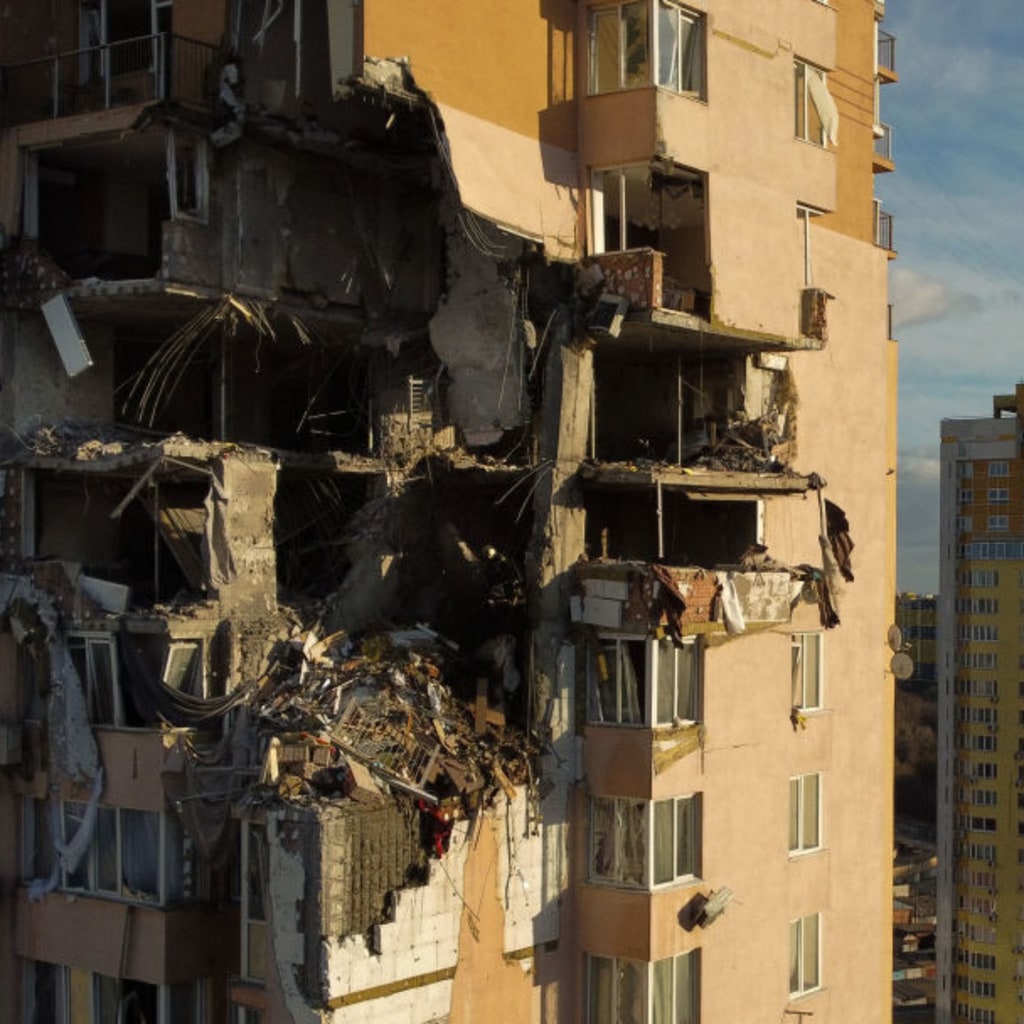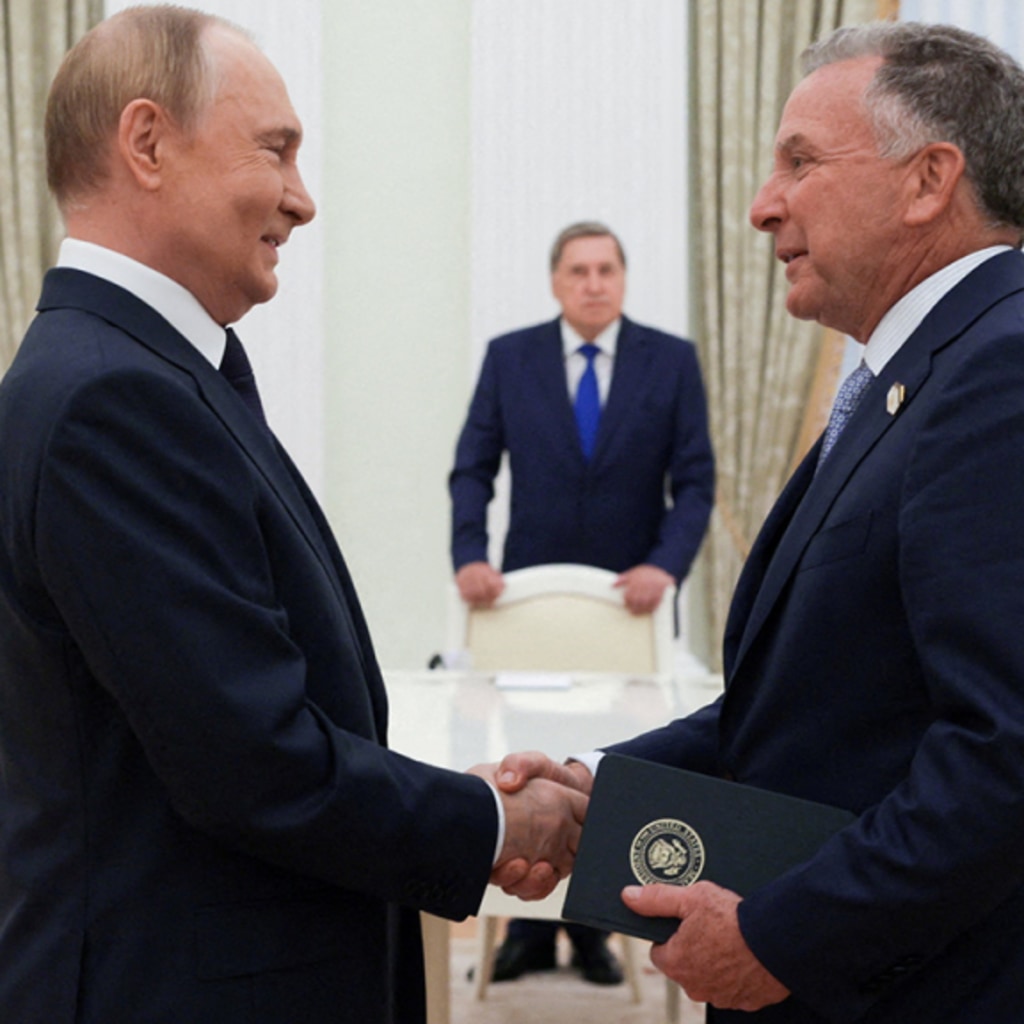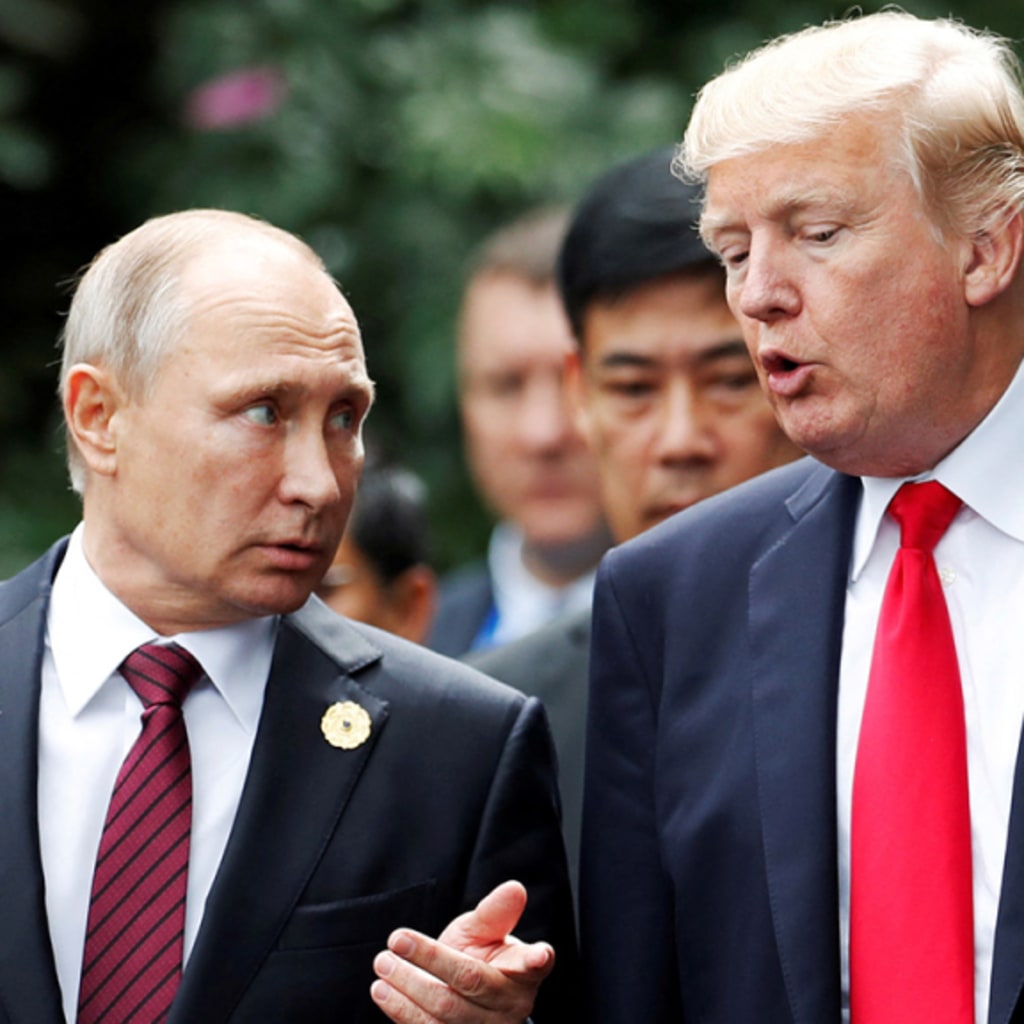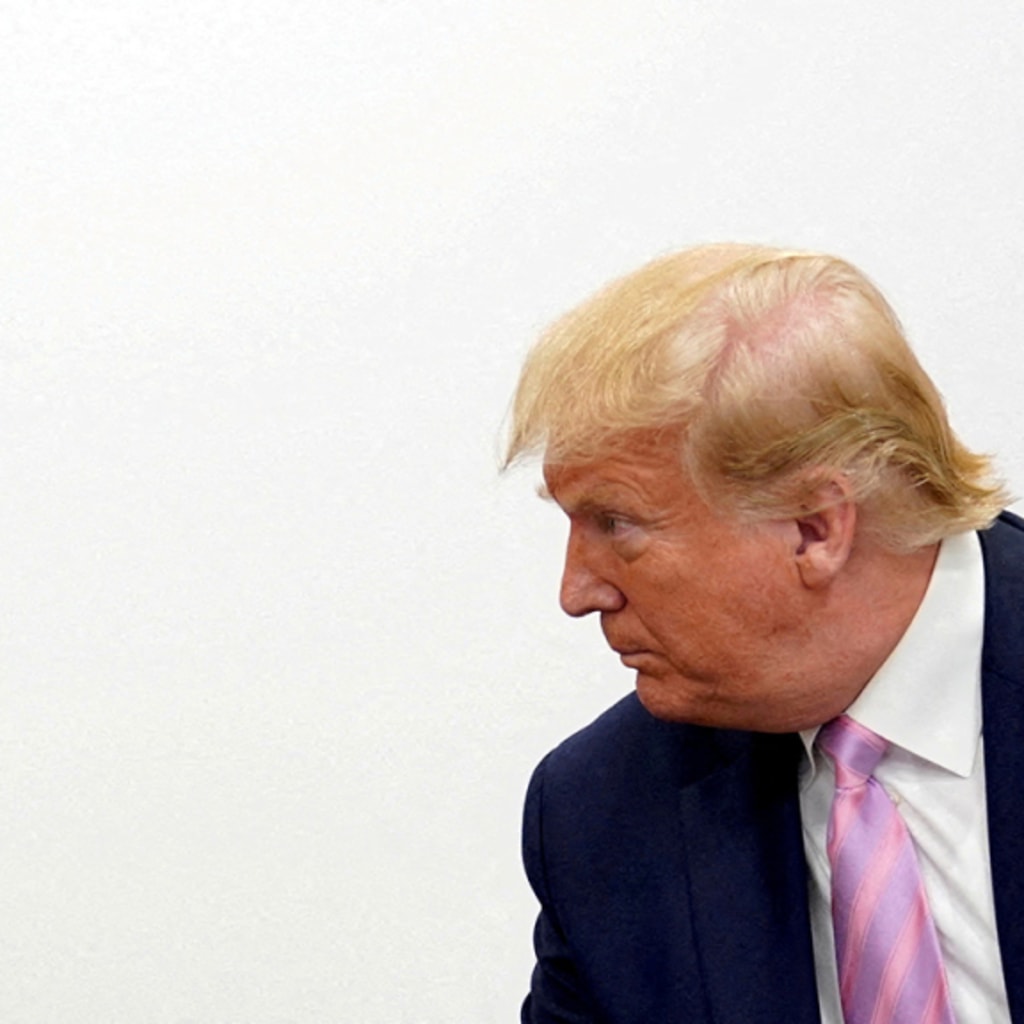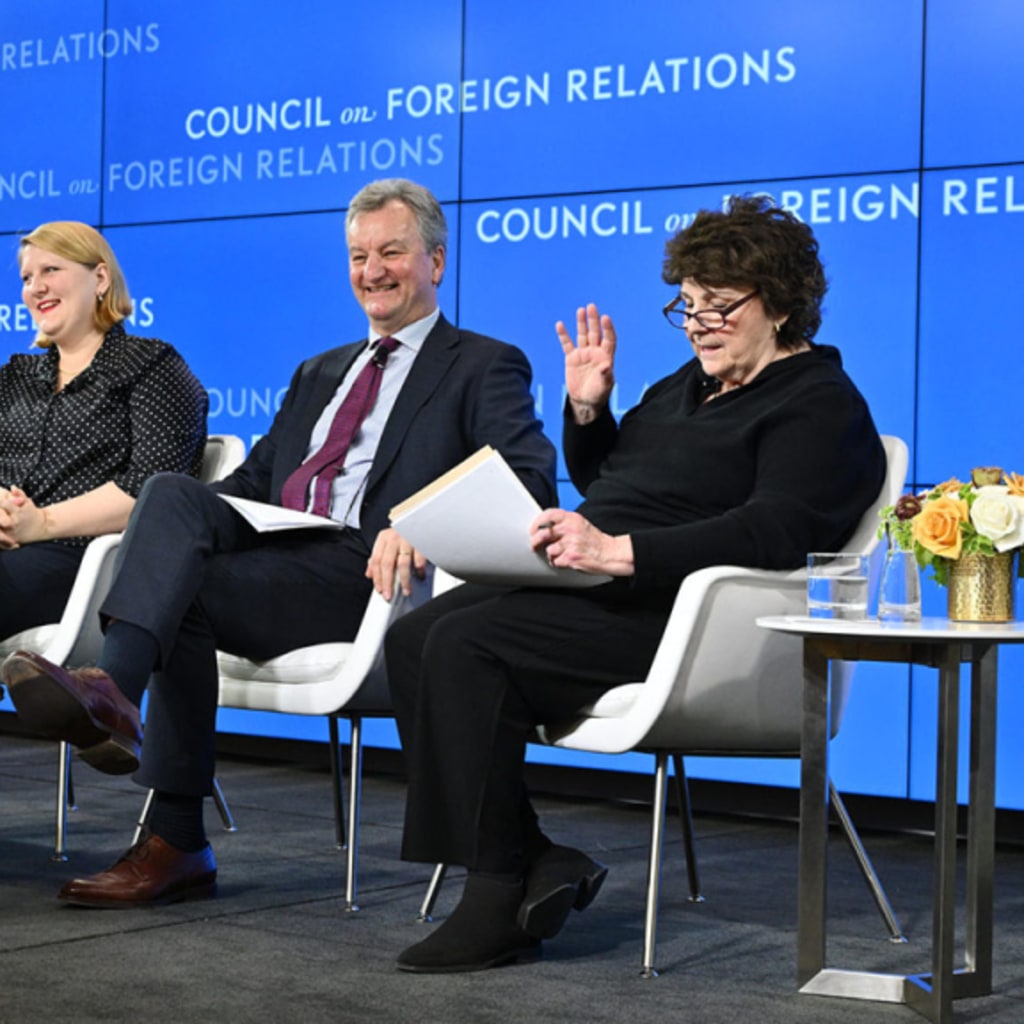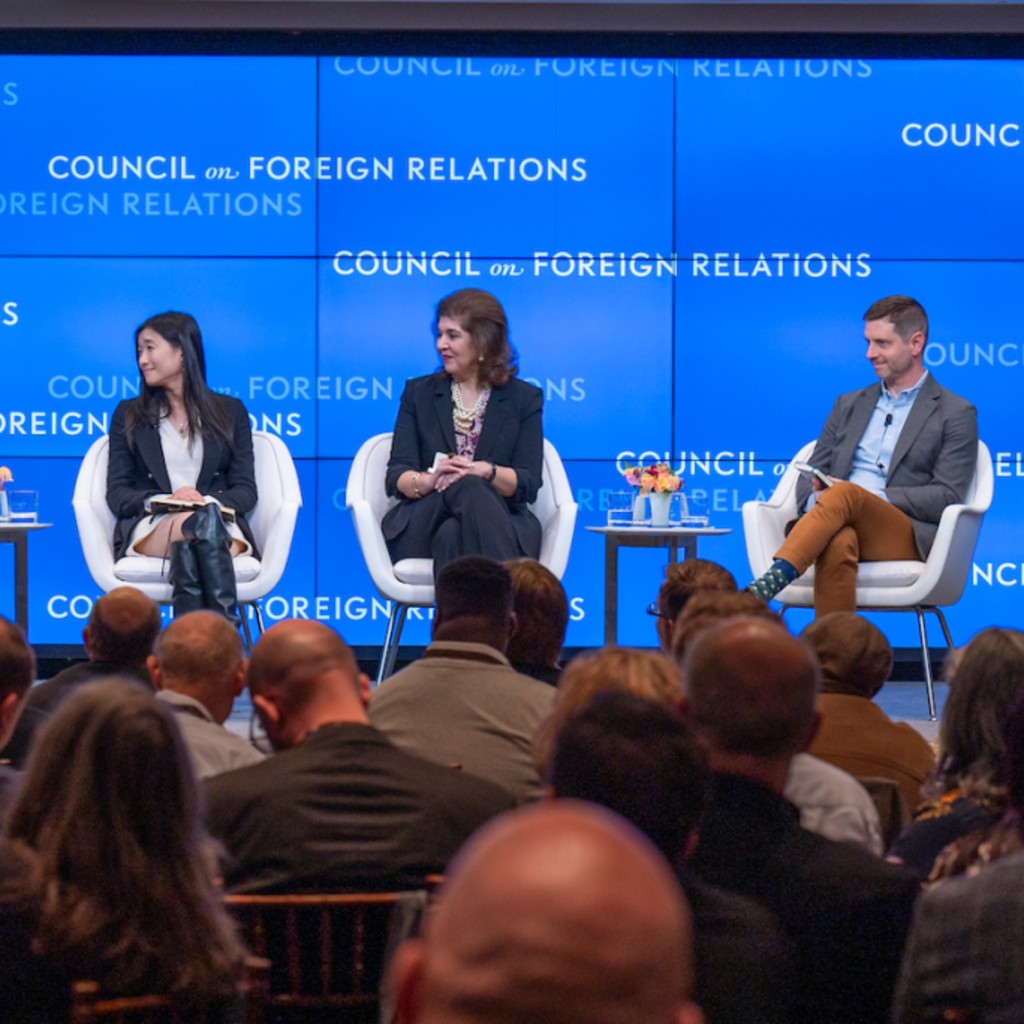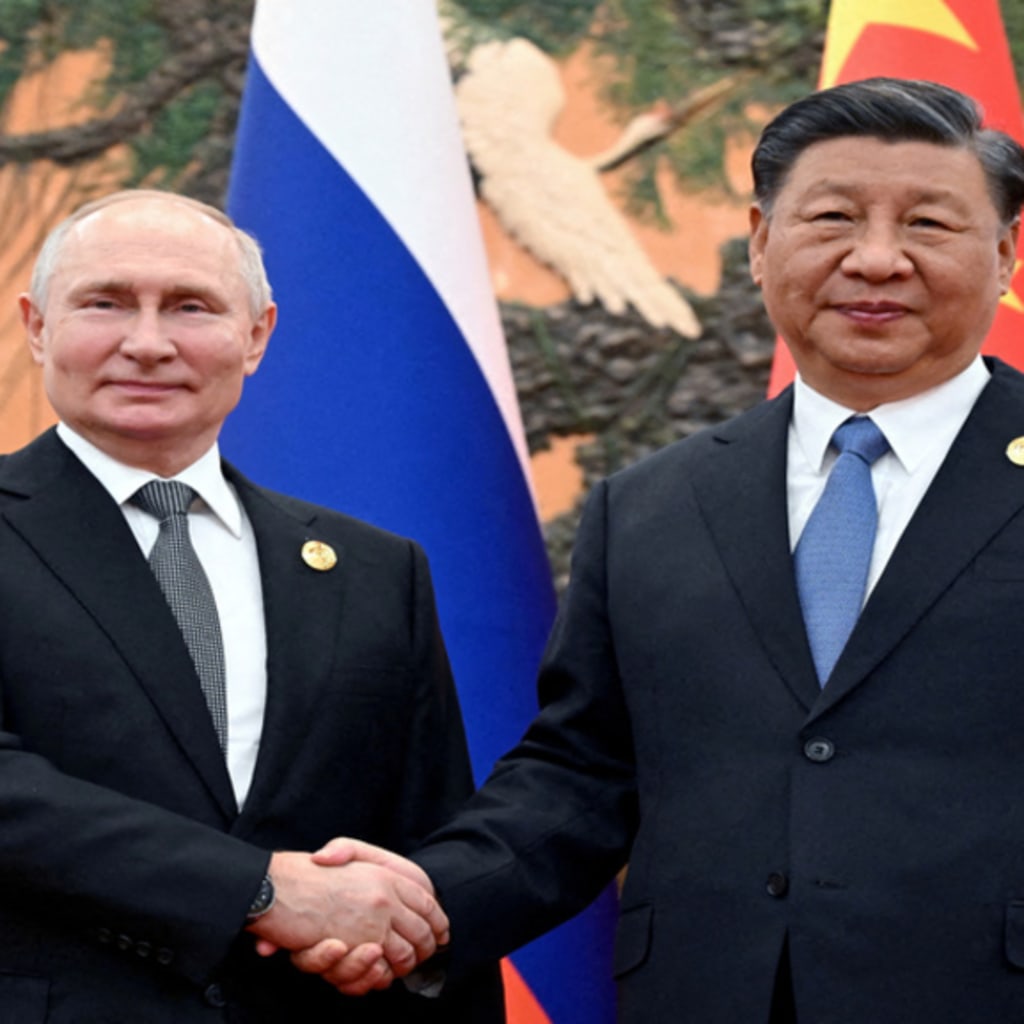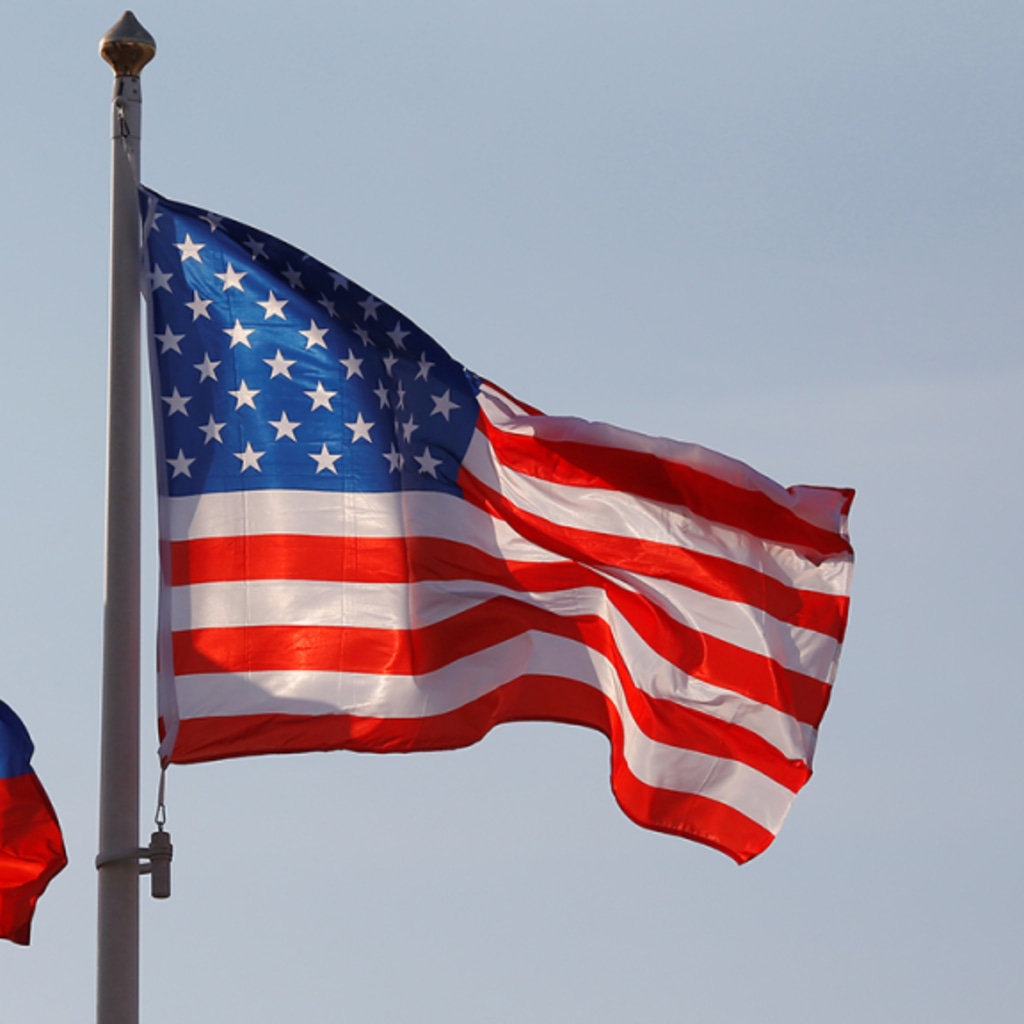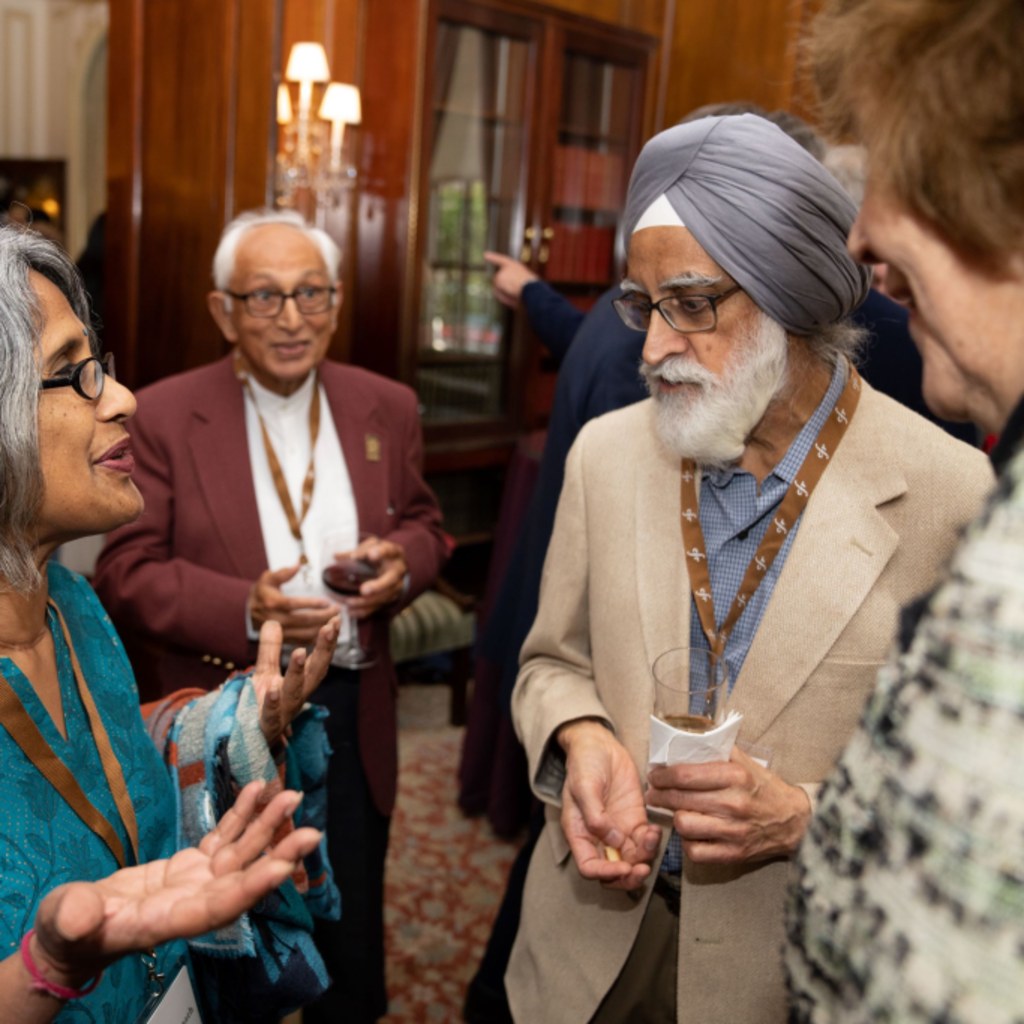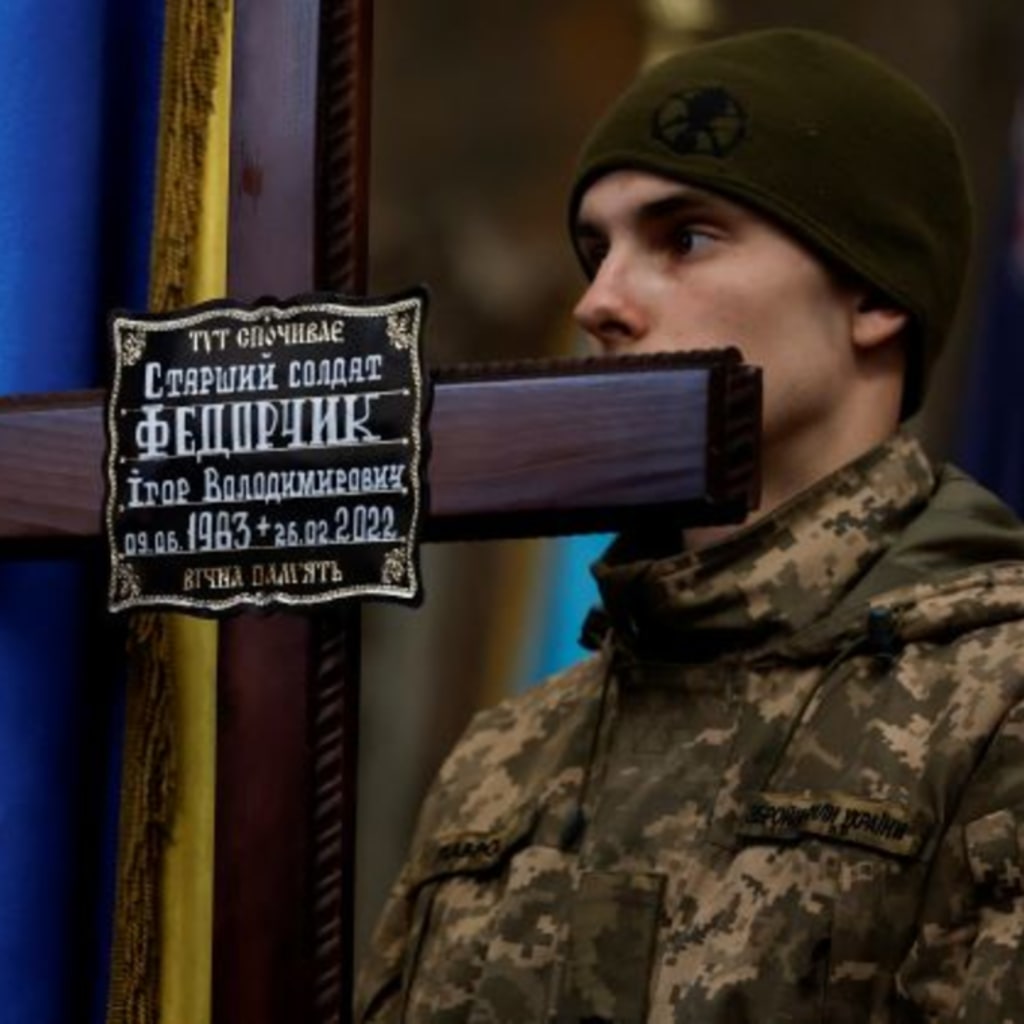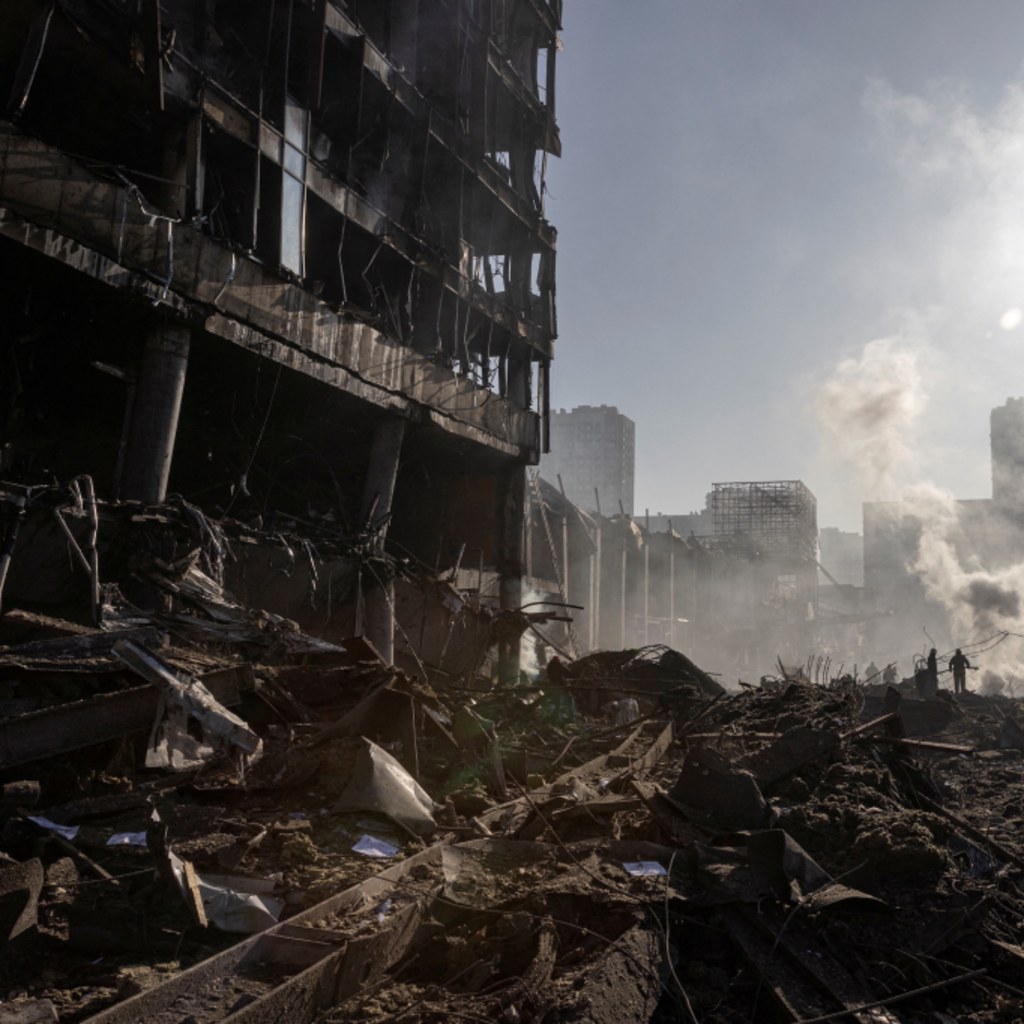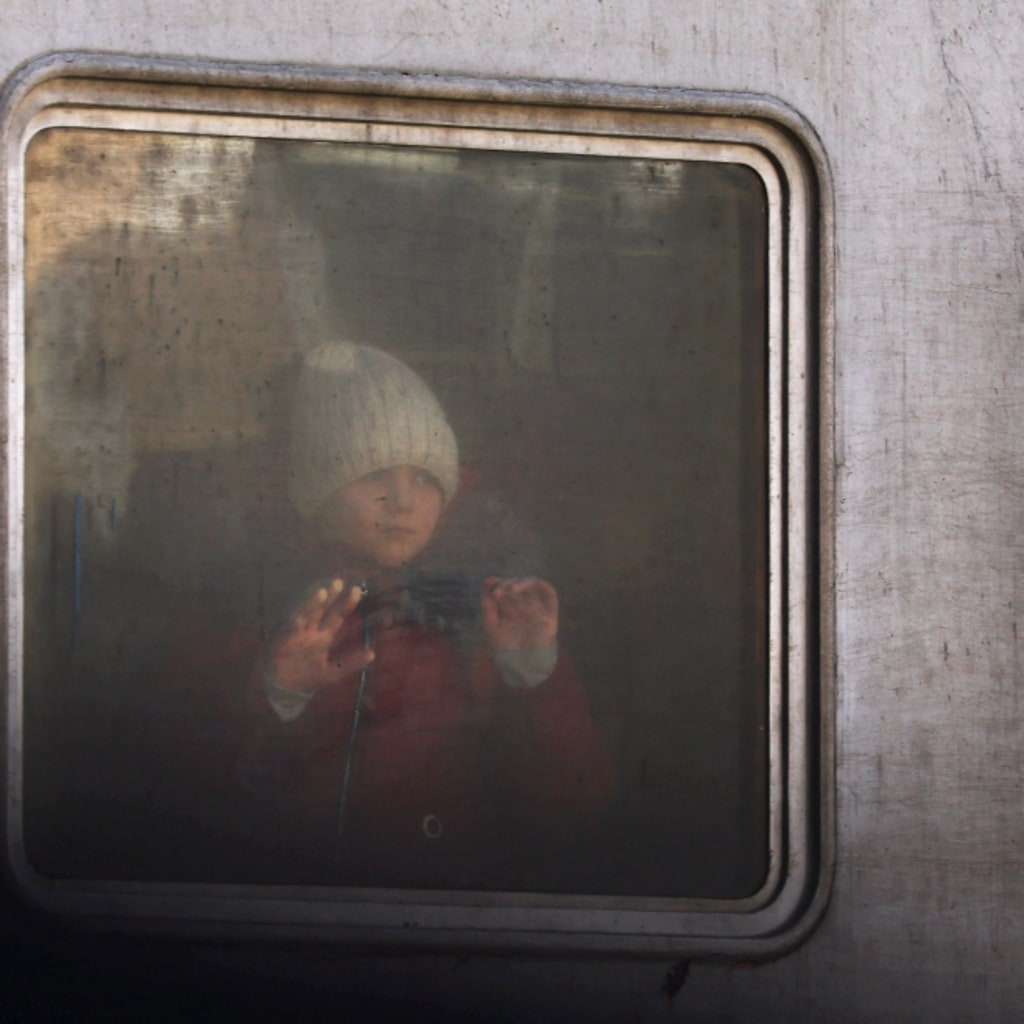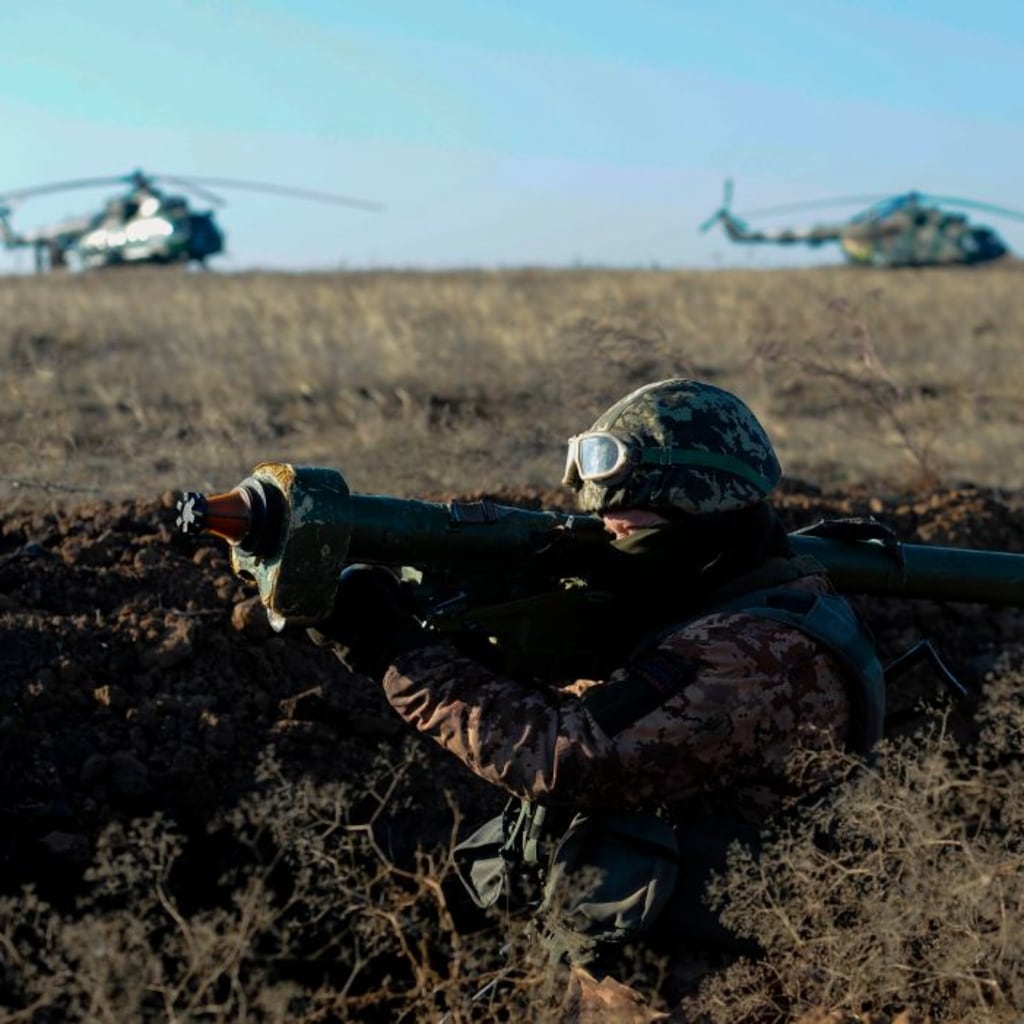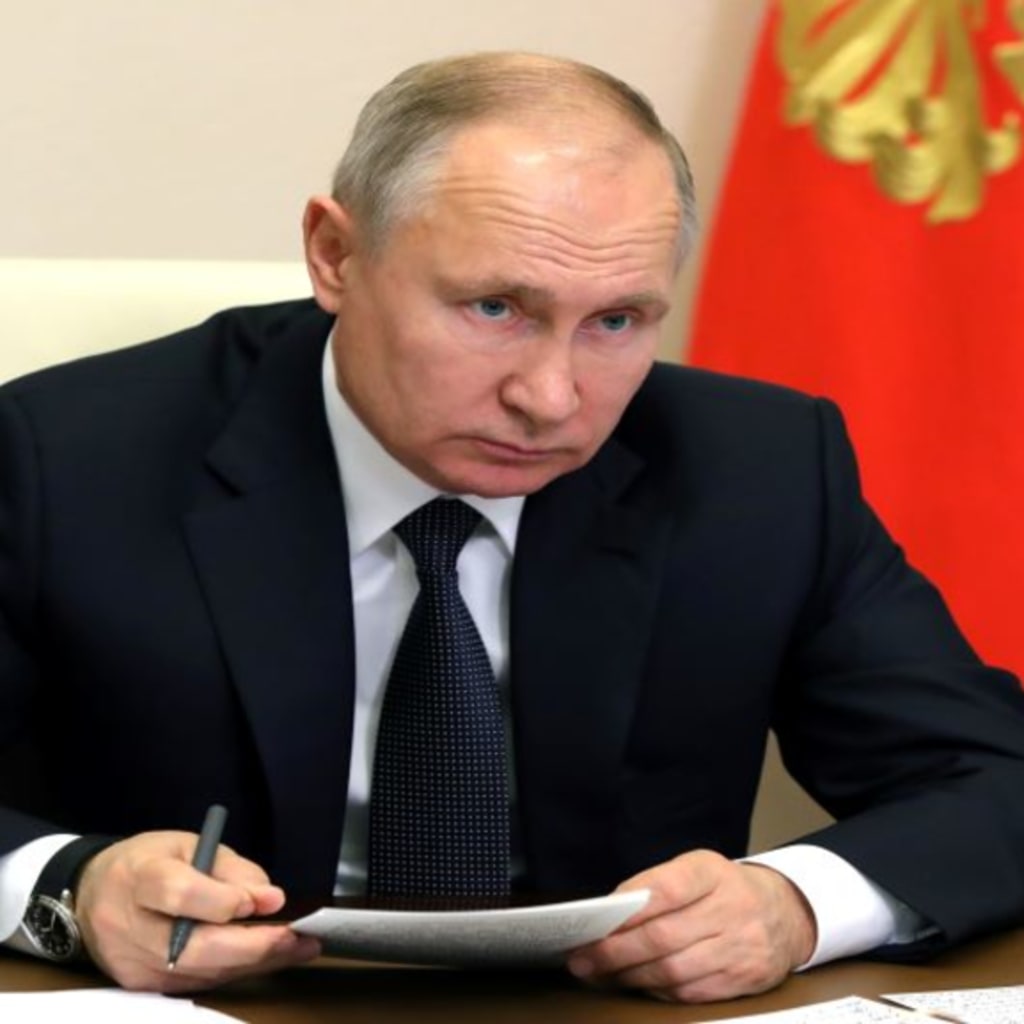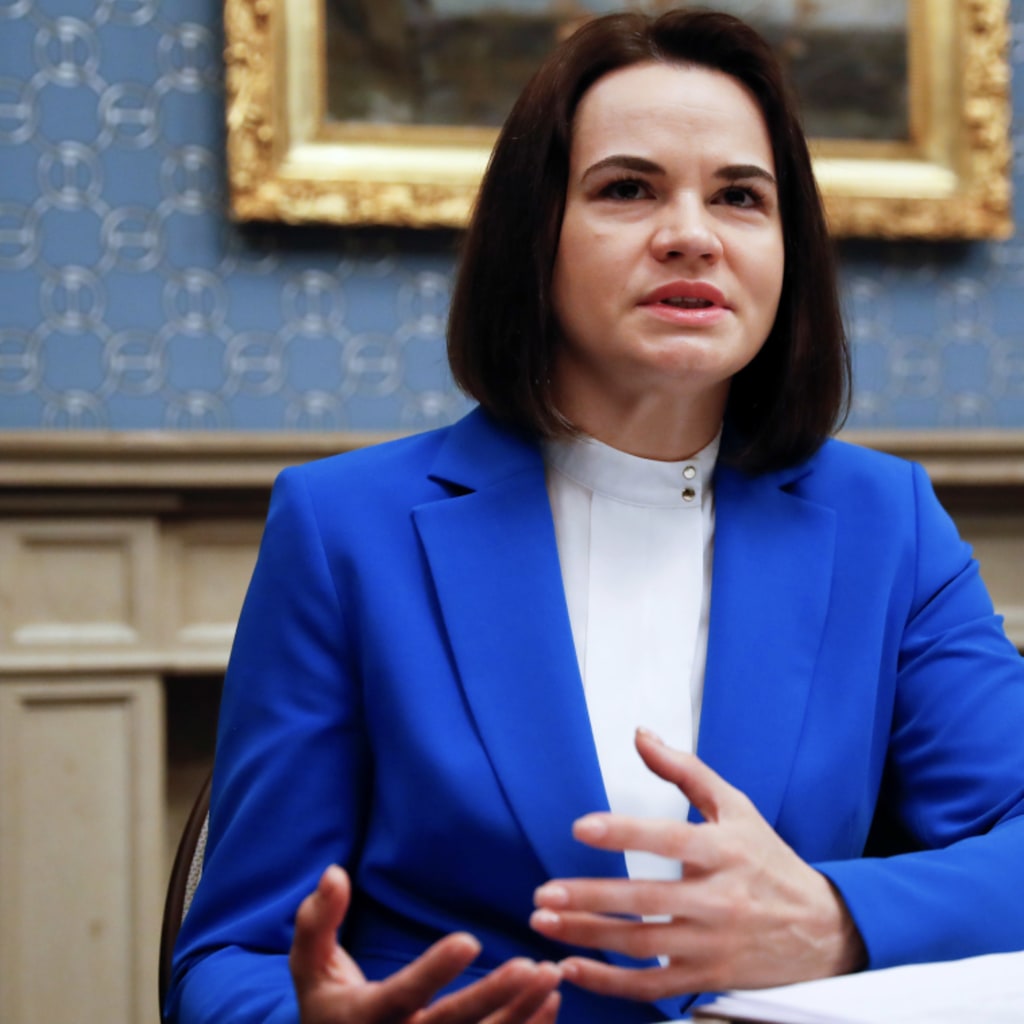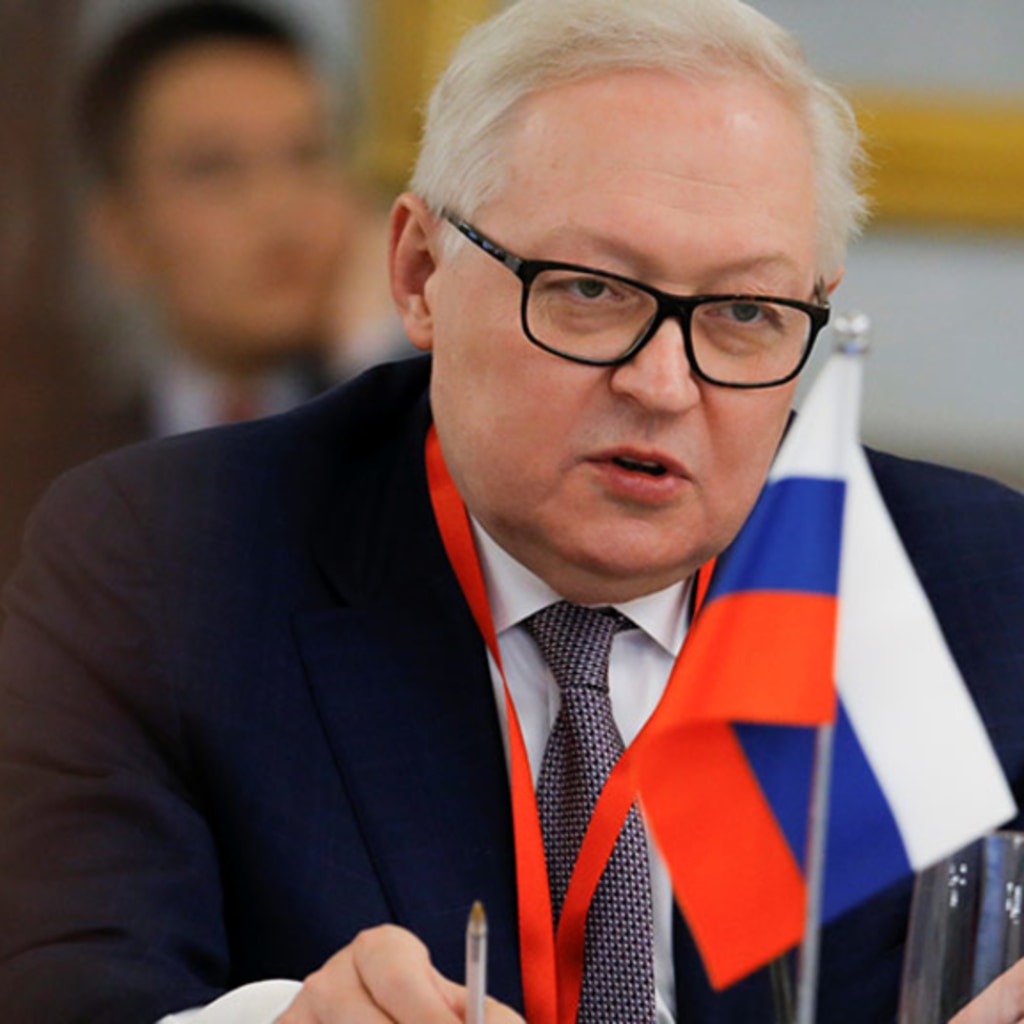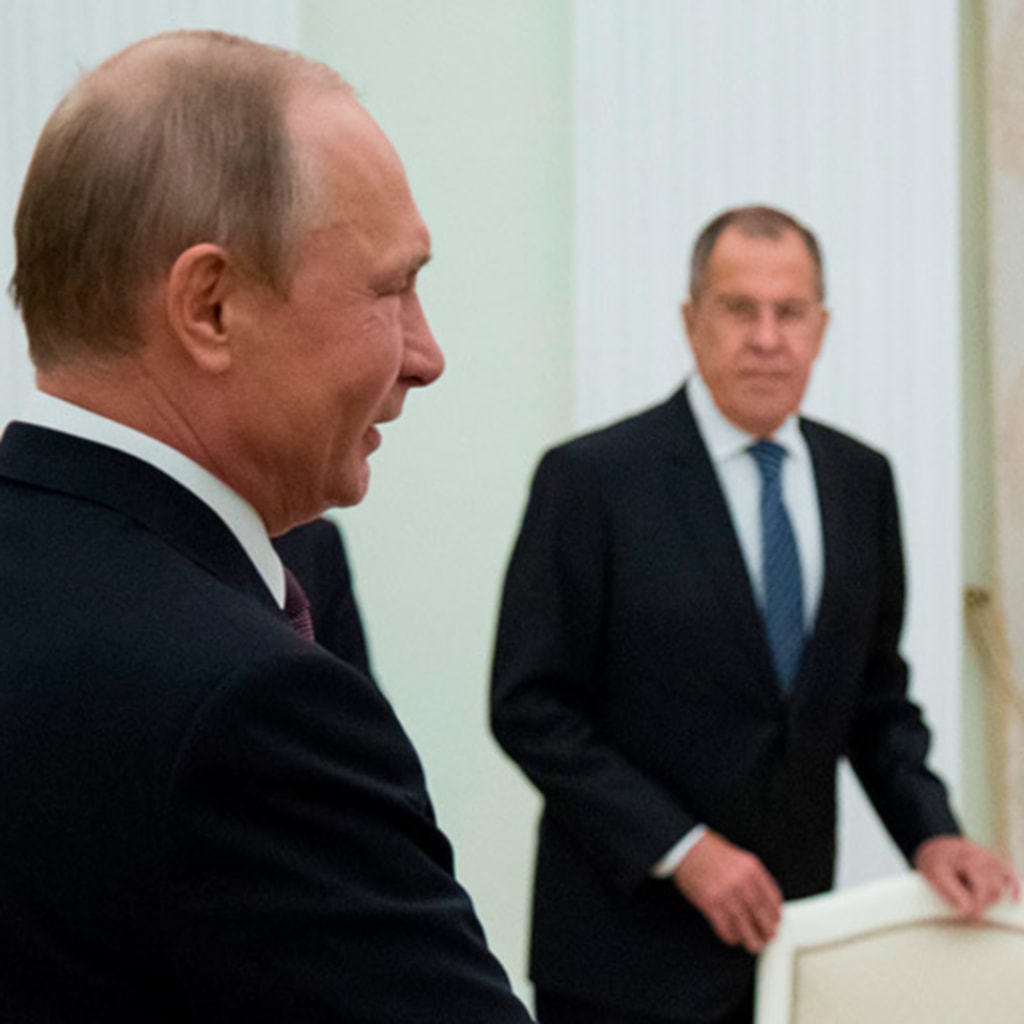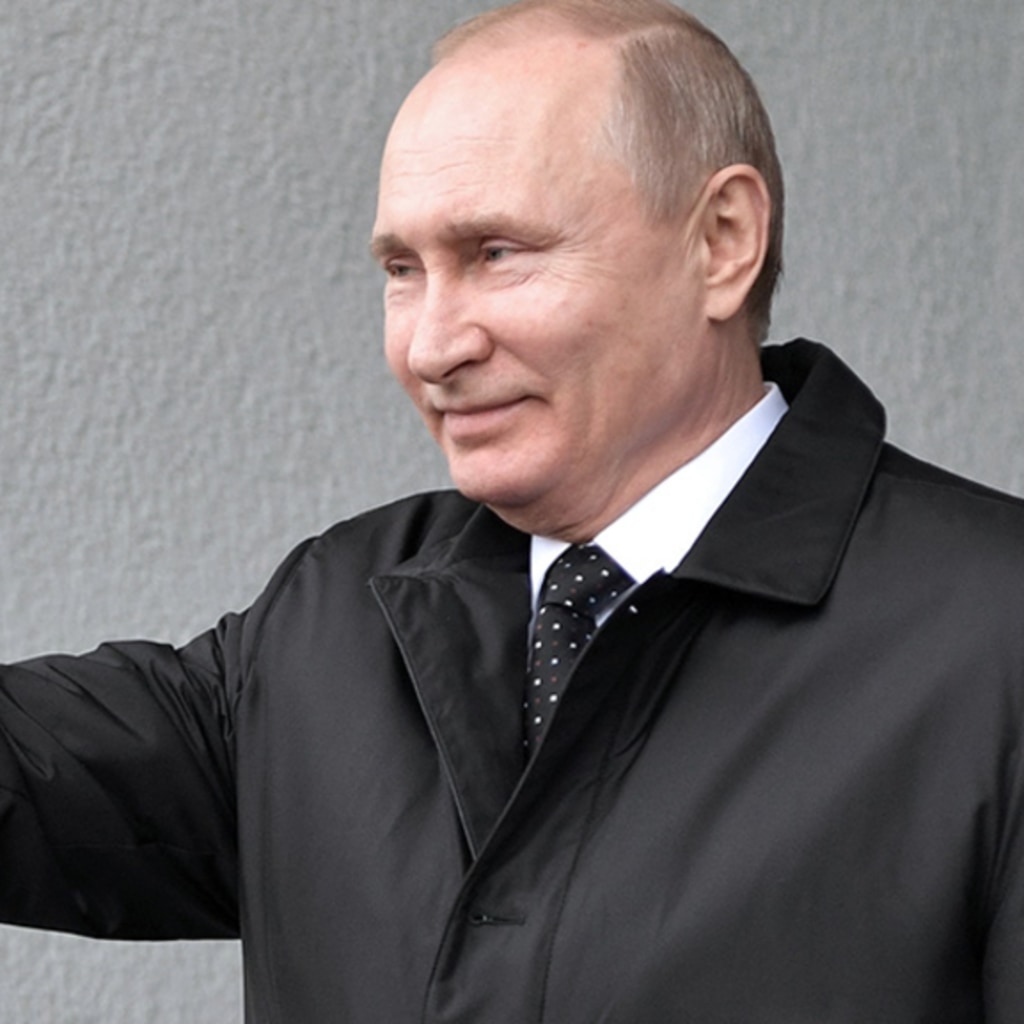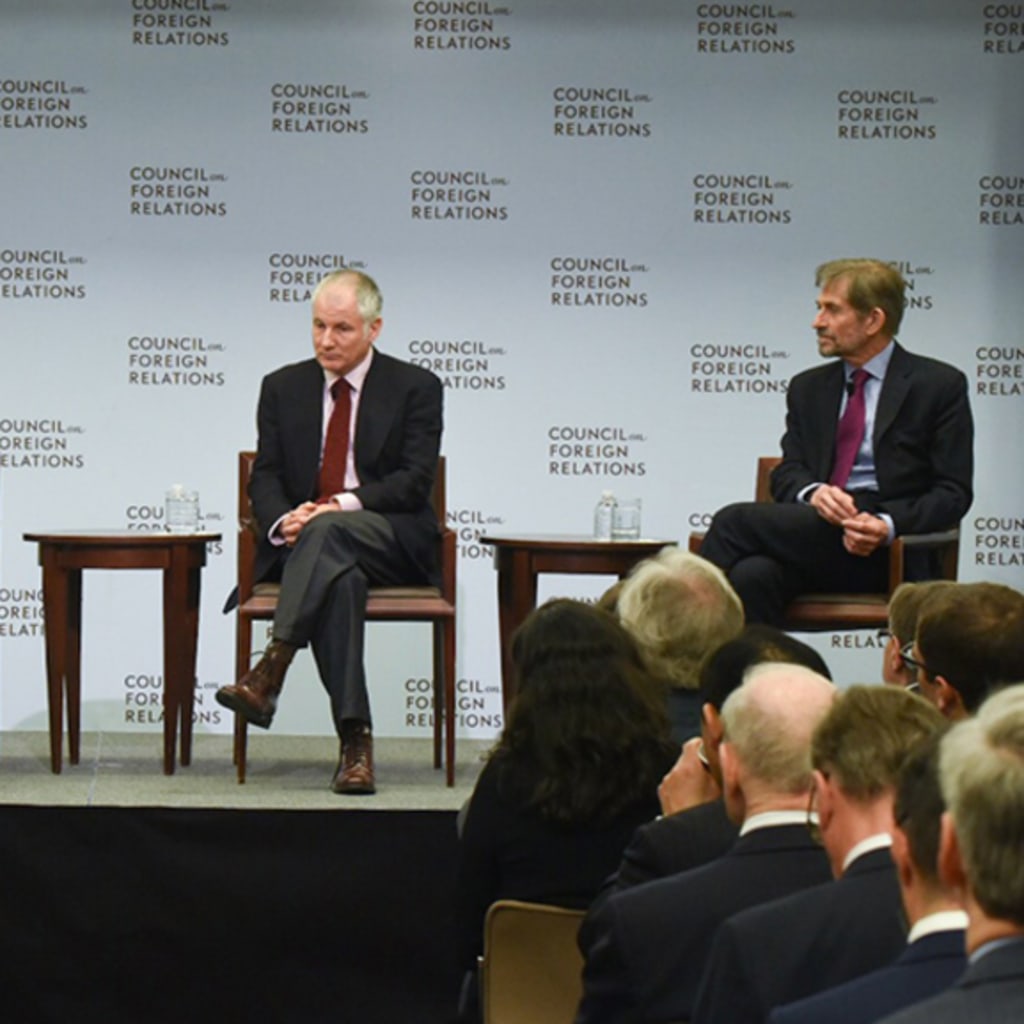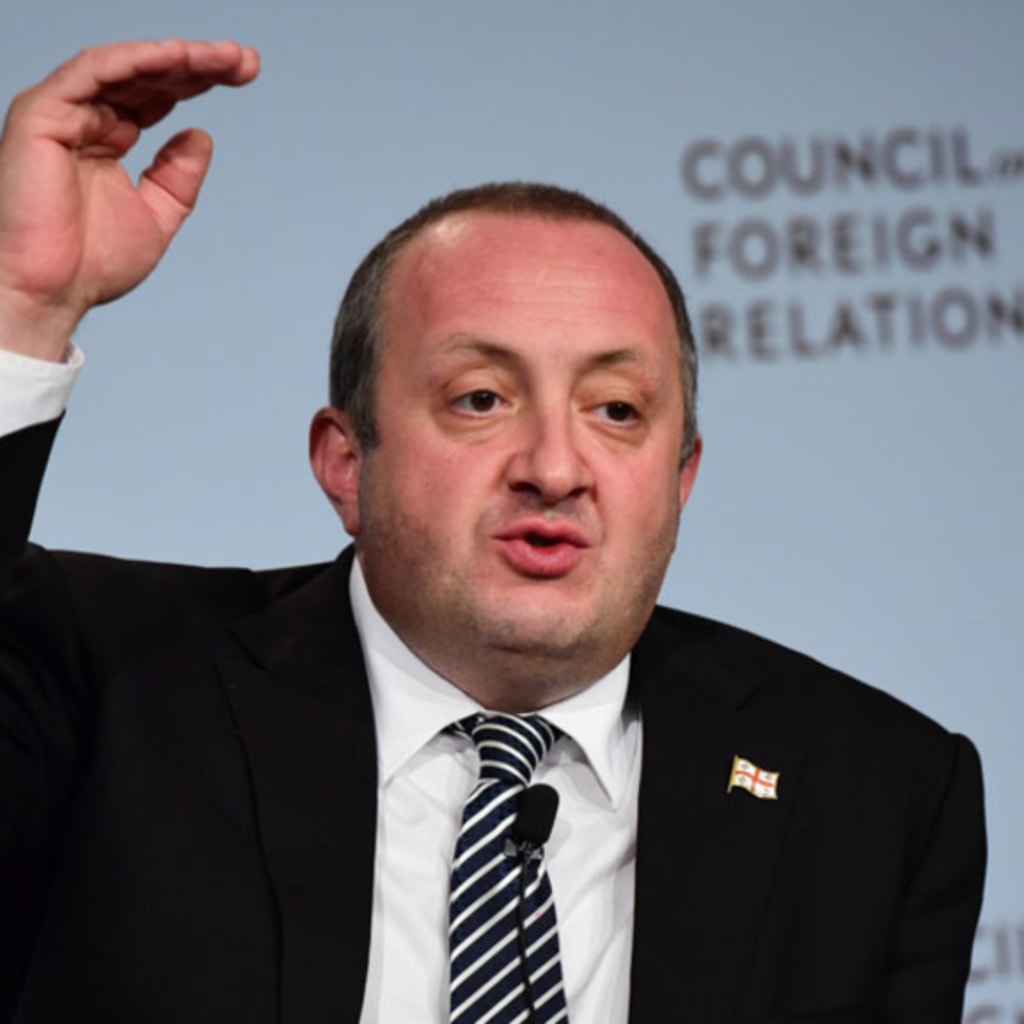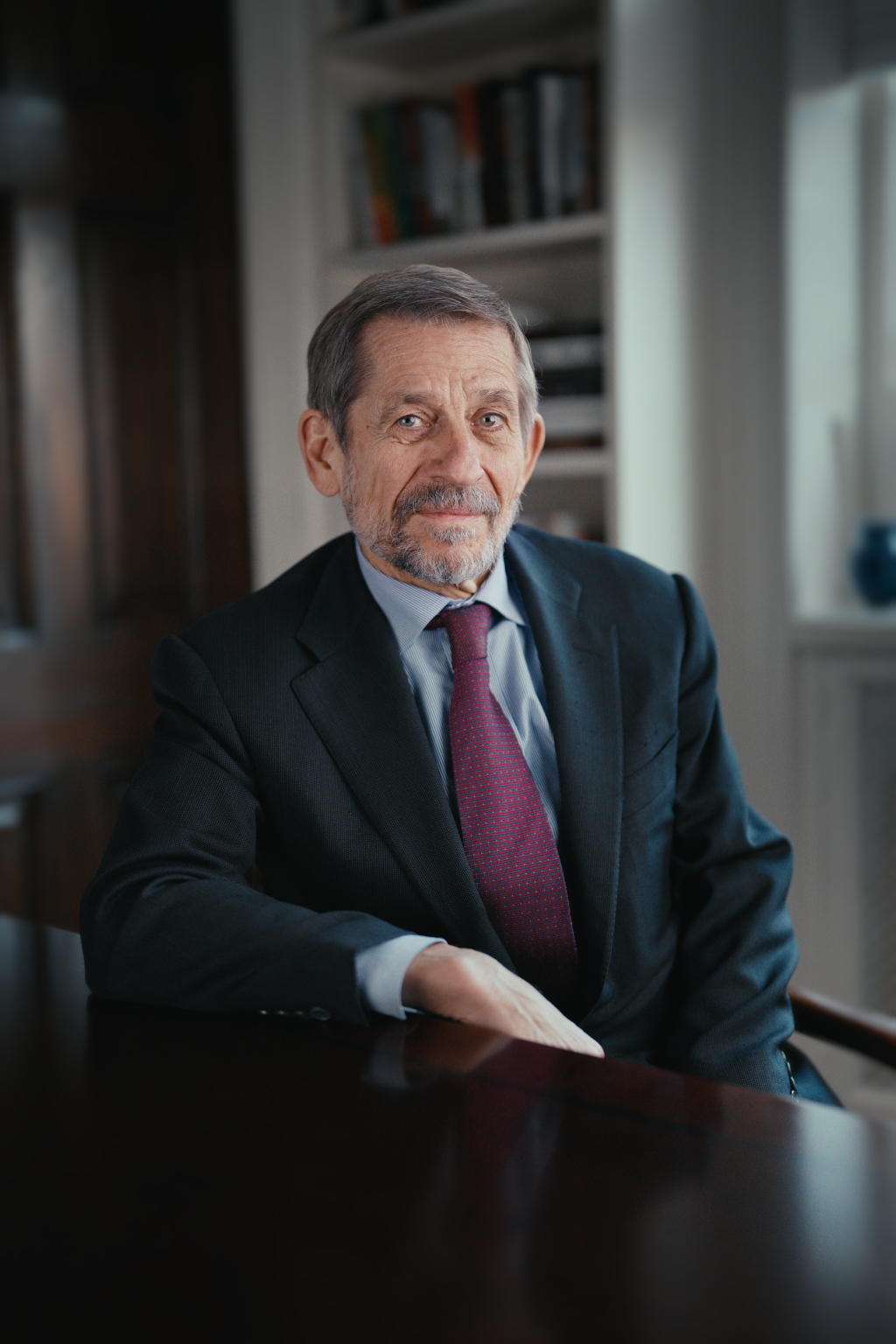
Thomas E. Graham is a distinguished fellow at the Council on Foreign Relations. His book, Getting Russia Right, was published in September, 2023. He is a cofounder of Yale University’s Russian, East European, and Eurasian studies program and sits on its faculty steering committee. He is also a research scholar at Yale’s MacMillan Center. He has been a lecturer in global affairs and political science since 2011, teaching courses on U.S.-Russian relations and Russian foreign policy, as well as cybersecurity and counterterrorism. Graham was special assistant to the president and senior director for Russia on the National Security Council staff from 2004 to 2007, during which he managed a White House-Kremlin strategic dialogue. He was director for Russian affairs on the staff from 2002 to 2004.
Graham served as an advisor to Kissinger Associates from 2008 to 2021. He was a Foreign Service officer for fourteen years. His assignments included two tours of duty at the U.S. Embassy in Moscow in the late Soviet period and in the middle of the 1990s, during which he served as head of the political internal unit and acting political counselor. Between tours in Moscow, he worked on Russian and Soviet affairs on the policy planning staff at the U.S. Department of State and as a policy assistant in the office of the undersecretary of defense for policy.
Graham serves on the advisory board of Russia Matters, a project of the Harvard Kennedy School’s Belfer Center for Science and International Affairs with the goal of enhancing the understanding of Russia among policymakers and the interested public.
Graham holds a BA in Russian studies from Yale University and an MA in history and a PhD in political science from Harvard University.
Affiliations
- Supporters of Civil Society in Russia, advisory board, member
- Yale University, Russia, East European, and Eurasian Studies program, steering committee, member
- Yale University, MacMillan Center, research scholar
